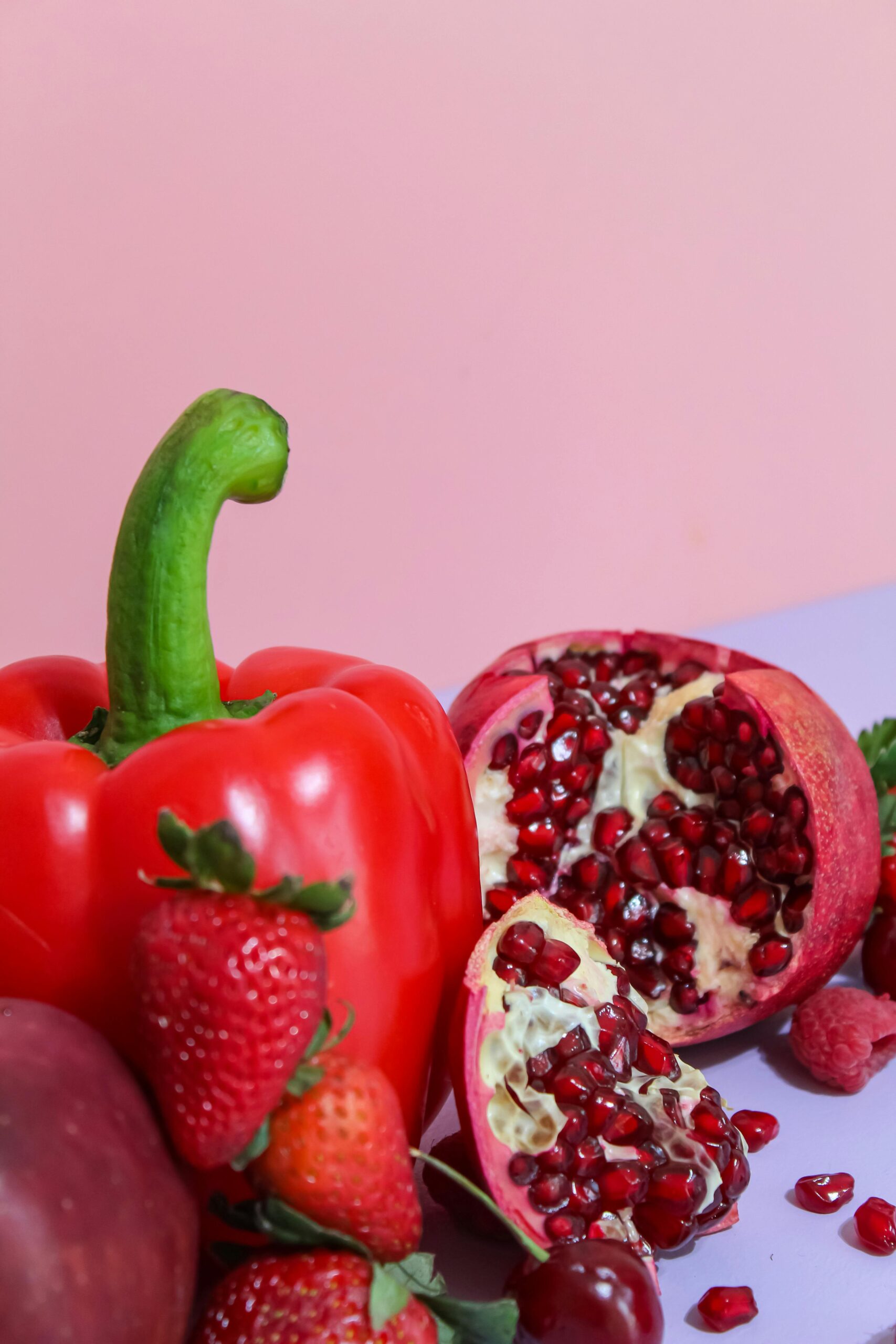Category: Lifestyle
-

Sitting is the New Smoking? How Sedentary Lifestyles Are Linked to Cancer
In today’s digital age, many of us spend hours sitting—whether at desks, in cars, or on couches. But research suggests that sitting for extended periods of time may be just as bad as smoking, raising the chance of developing chronic illnesses like cancer. Studies have linked sedentary behavior to increased risks of endometrial, breast, and…
-

A Cancer Patient’s Guide to Safely Dining Out
While undergoing cancer treatment, your mood, cravings, and taste preferences may change frequently. These tips will assist you in making safer and healthier dining choices if you’re sick of eating the same home-cooked meals every day and would prefer to eat out. Choose a Hygienic and Reputable Restaurant The most important factor is selecting a…
-

Can cleaning products cause Cancer?
Household Cleaners and Cancer Risk: Navigating What’s in Your Cabinet Keeping a clean home is essential for health, but some conventional cleaning products may contain chemicals linked to long-term risks, including cancer. Understanding what’s in your cleaning cabinet—and making safer choices—can help protect your well-being without sacrificing cleanliness. Common Cleaning Chemicals and Their Risks Many…
-

The Science Behind Plastics and Cancer Risk: What You Can Do
Plastic is everywhere. From our kitchens to our cars and are even part of crucial processes in places like hospitals. Growing research indicates that certain chemicals have been proven to be harmful, especially when it comes to long-term cancer risk. While we’re not calling for panic or perfection, small shifts in how we interact with…
-

Understanding Chronic Inflammation: Causes, Risks, and Prevention
Have you ever noticed a red, swollen bump after an injury or insect bite? That’s acute inflammation—your body’s natural defense mechanism to heal itself. Similarly, inflammation can occur inside your body as well. This presents differently as symptoms that may seem unrelated. When inflammation persists for months or even years without an apparent cause, it…
-

Coping with Nausea and Appetite Loss During Chemotherapy: Holistic Tips that Help
Chemotherapy is a life-saving treatment, but its side effects particularly nausea and appetite loss can make eating a challenge. Comfort and nutrition throughout this trying time can be enhanced by knowing the causes of these symptoms and how to treat them holistically. Why Nausea and Appetite Loss Happen Chemotherapy affects rapidly dividing cells, including those…
-

Coaching for Cancer: Fighting Back with a Holistic Approach
Cancer is one of the toughest battles a person can face. Cancer treatment can challenge a patient’s endurance to an unmatched degree due to its physical, emotional, and mental toll. Renowned oncologist Dr. Rajeev highlights that overcoming this obstacle calls for a comprehensive strategy that fortifies the body, mind, and soul in addition to medical…
-

The Power of Antioxidants: Protecting Your Health from Free Radical Damage
Understanding Free Radicals and Oxidative Stress Before diving into antioxidants, it’s important to understand free radicals, these are harmful molecules that form naturally in our bodies and come from things like pollution, cigarette smoke, junk food and sunlight. Because of their unequal electron count, these compounds are extremely reactive and have the potential to harm…
-

Gentle Ways to Manage Cancer-Related Fatigue: From Restorative Yoga to Herbal Support
Cancer-related fatigue (CRF) is not just ordinary tiredness—it’s a persistent, overwhelming exhaustion that doesn’t improve with rest. In contrast to ordinary fatigue, CRF can be brought on by anemia, stress, inflammation, or cancer therapies, making daily tasks feel draining. Thankfully, mild, all-encompassing methods can help control chronic weariness and enhance quality of life. Understanding Cancer-Related…
-

The Impact of Circadian Rhythm on Cancer Treatment and Recovery
Circadian rhythms are physical, mental, and behavioral changes that follow a 24-hour cycle. Light and dark are the primary stimuli for these natural processes, affecting most living organisms, including microorganisms, plants, and animals. Chronobiology is the study of these rhythms. Sleeping at night and remaining awake during the day is a well-known example. The suprachiasmatic…
